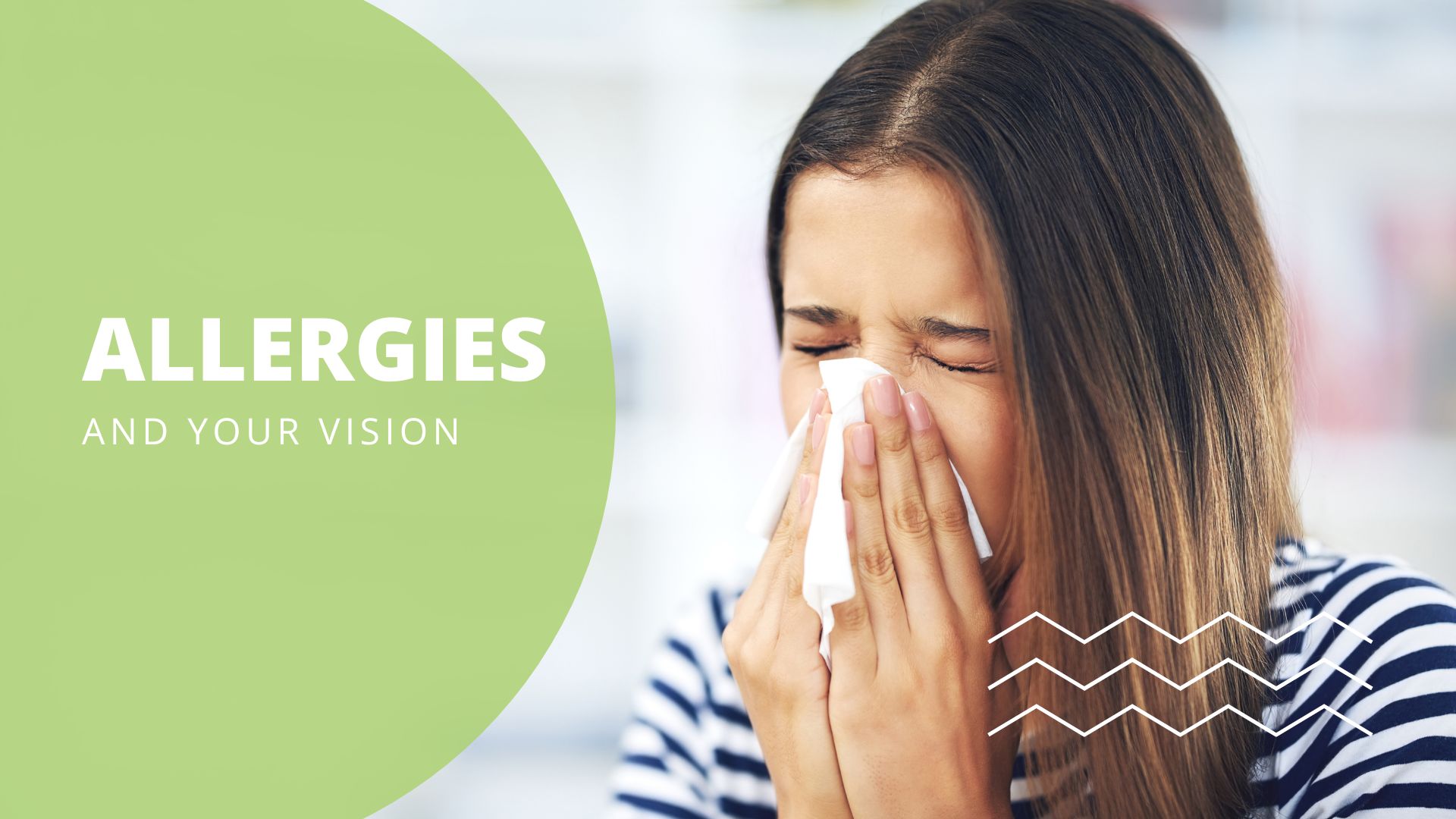An allergy occurs when the body's immune system overreacts to a normally harmless substance called an allergen. When an allergen comes into contact with the eyes, the immune system releases chemicals like histamine, causing inflammation and various symptoms.At Couture Optical, with convenient locations on 65th and 86th Street in Brooklyn, we're dedicated to helping you navigate allergy season with clear, comfortable vision.
Common Allergens That Affect Your Eyes
Several common allergens can trigger eye problems, including:
Pollen: This triggers seasonal allergies, particularly in spring and fall
Dust mites: These microscopic creatures live in dust and bedding, and their droppings can trigger year-round allergies
Mold: Mold spores grow indoors and outdoors, causing allergy symptoms throughout the year
Pet Dander: Tiny flakes of skin shed by pets can trigger allergies
Smoke: Exposure to cigarette smoke or other airborne irritants can irritate the eyes and worsen allergy symptoms
How Allergies Affect Your Vision
When allergens come into contact with your eyes, they trigger the release of histamine, leading to symptoms that may include:
Itching: This is a hallmark symptom of allergic conjunctivitis, causing an irresistible urge to rub your eyes, which can worsen irritation and potentially damage the cornea
Redness: The blood vessels in the whites of your eyes become inflamed, making them appear red and bloodshot
Watering: Your body attempts to flush out the allergen by producing excess tears, leading to watery eyes
Blurry Vision: Inflammation and swelling can disrupt the tear film, causing temporary blurry vision
Light Sensitivity: Increased sensitivity to light, both natural and artificial, is a common symptom of allergic conjunctivitis
Swollen Eyelids: In severe cases, the eyelids can become swollen and puffy, obstructing vision
Addressing the Long-Term Effects of Allergies
While most allergy symptoms are bothersome but temporary, neglecting treatment can lead to potential complications:
Chronic Inflammation: Untreated inflammation can damage the eye's delicate tissues, potentially affecting vision in the long run
Corneal Ulcers: Constant rubbing due to severe itching can increase the risk of developing corneal ulcers, open sores on the cornea and permanently scar the eye
Glaucoma: In rare cases, chronic allergic conjunctivitis can contribute to the development of glaucoma. This serious eye condition damages the optic nerve<H2> Are Allergies Different From Dry Eye Syndrome?
Allergies and dry eye syndrome (DES) differ mainly in their causes. Allergies result from an immune response to external allergens, leading to itching and watery eyes. DES is due to inadequate tear production or poor tear quality, causing dryness and irritation. Understanding this distinction is crucial for appropriate treatment.
Treatment Options to Relieve Allergy-Related Eye Discomfort
Fortunately, various options are available to manage your allergy symptoms and protect your vision:
Over-the-counter Medications: Antihistamine eye drops or oral medications can help alleviate itching, redness, and watering
Mast Cell Stabilizers: These eye drops help prevent histamine release from mast cells, reducing inflammation and preventing future allergic reactions
Steroid Eye Drops: In severe cases, your doctor may prescribe steroid eye drops to reduce inflammation quickly, but you should only use them under medical supervision
Allergy Shots (immunotherapy): This long-term treatment helps desensitize the body to allergens, reducing the severity of symptoms over time
How to Prevent Allergic Reactions
Here are some additional tips for managing allergies and protecting your vision:
Identify and Avoid Triggers: Knowing what triggers your allergies allows you to minimize exposure. For example, if pollen is a culprit, limit spending time outdoors during high pollen counts
Wash Your Hands Frequently: This helps prevent transferring allergens from your hands to your eyes
Use a Cool Compress: Apply a cool compress to your eyes to reduce swelling and irritation
Wear Sunglasses: Sunglasses protect your eyes from pollen, dust, and other airborne irritants
Change Your Air Filters: Regularly change your home and car air filters to remove allergens
Consider Air Purifiers: Air purifiers can help remove allergens from the air in your home<H2> The Importance of Regular Eye Exams
If you experience any allergy symptoms affecting your eyes, schedule an appointment at Couture Optical. Our experienced eye doctors can:
Diagnose the cause of your symptoms: This may involve an allergy test to identify specific triggers
Develop a personalized treatment plan: Your doctor will recommend the best course of action based on the severity and type of your allergies
Monitor your eye health for potential complications: Regular eye exams are crucial to detect any early signs of damage and ensure the long-term health of your eyes

